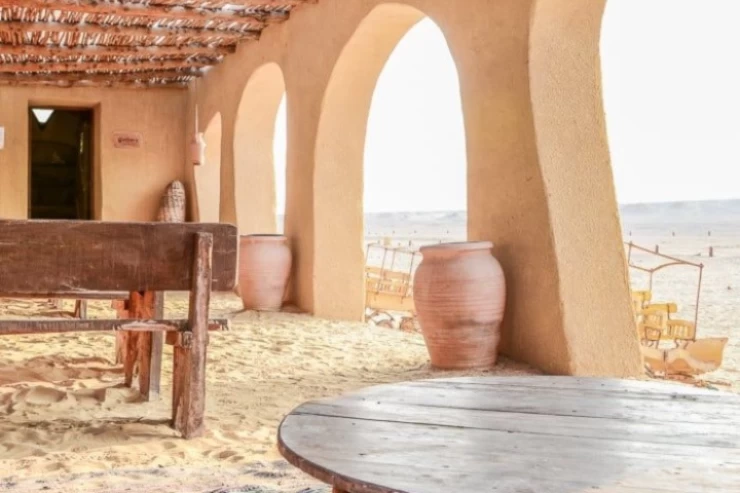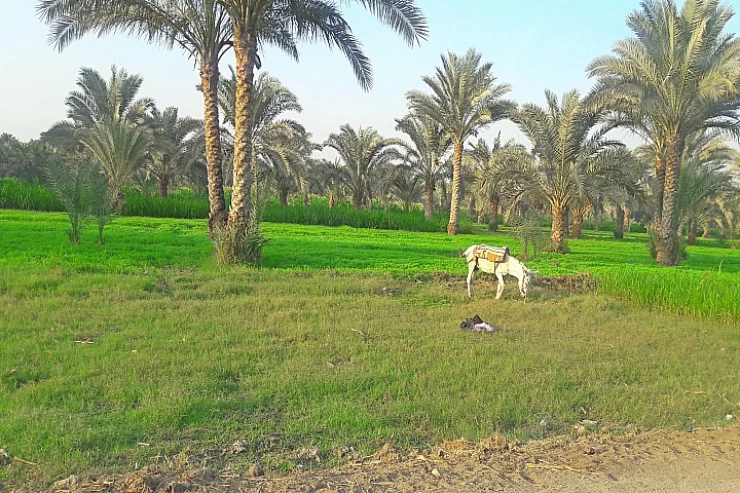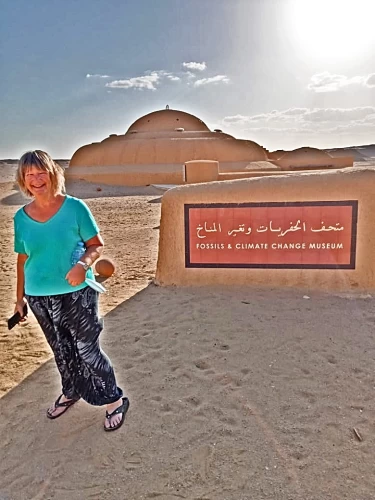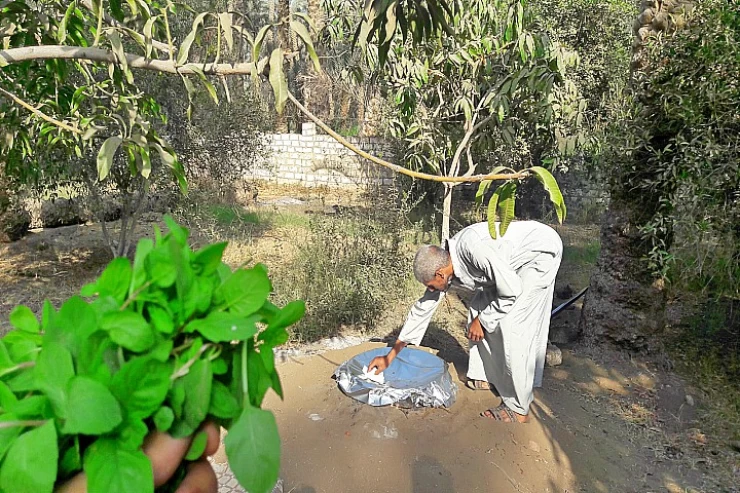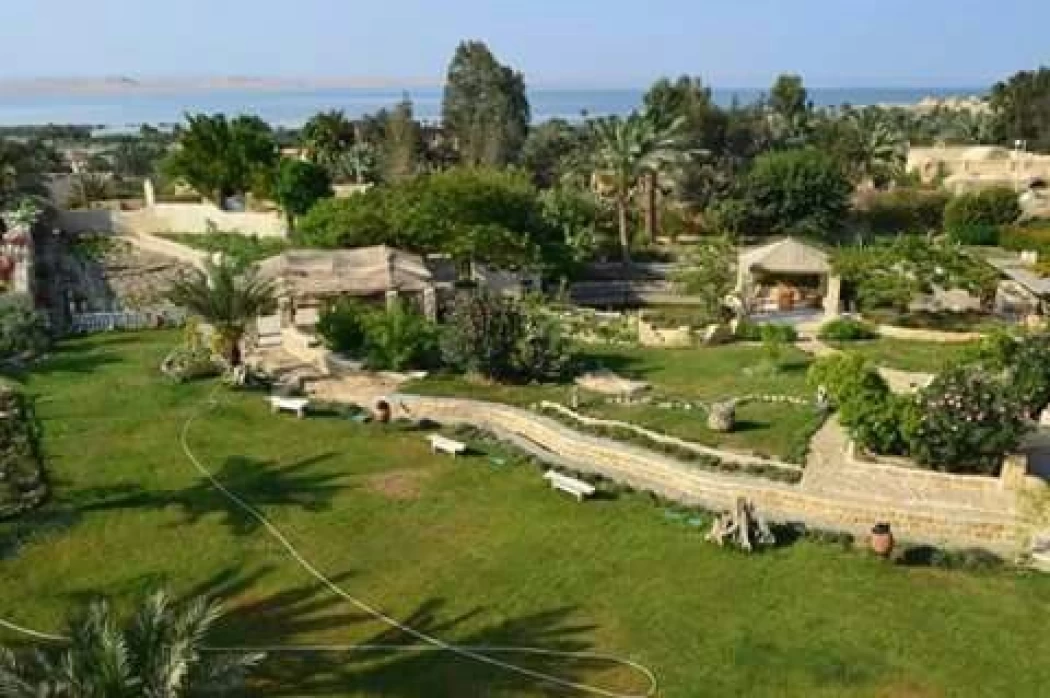
The Story of Tunis Village in Fayoum
The Story of Tunis Village in Fayoum
Located on a high plateau on the shores of Lake Qarun, the village of Tunis in Fayoum governorate is dotted with green spaces, trees and flowers in a variety of colours. While behind it lies the vast desert, as well as its proximity to the Wadi Al Rayyan region, these diverse features have made it a destination for dozens throughout the year, especially in the autumn and winter seasons.
Tunis is home to dozens of ceramic and pottery workshops, as well as the Fayoum Arts Centre, which houses the first caricature museum in the Middle East. There are a number of brick villas and chalets with Islamic-style dome roofs, vast expanses of green land, and several distinctive rustic dining establishments.
As for why Tunis Village in Fayoum was named Tunis Village, the late Swiss potter Evelyn Bury was the first person to name the area in the 1980s. Due to the prevalence of green spaces that made it resemble the country of Tunisia, the name was officially adopted and was widely recognised around the world.
Visitors flock to the village come autumn, whether to enjoy the atmosphere, rustic food, horse and bike rides within the village, or to go on safaris, camping and overnight stays in the desert.







